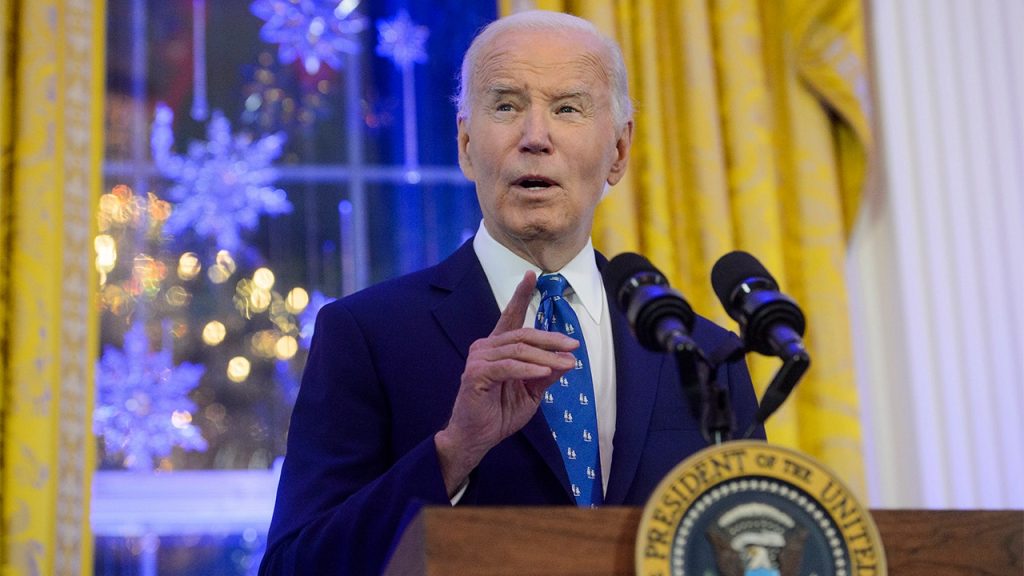Biden’s Veto and Legislative Actions:
President Biden exercised his veto power on a bill aimed at expanding the federal judiciary by adding 66 district judgeships over a decade. The initiative enjoyed bipartisan support and was designed to ensure equitable judicial appointments across administrations and congressional cycles. Proponents, including legal organizations, argued that the increase was crucial for addressing case backlogs and enhancing access to justice. However, the White House justified the veto, citing concerns about the "hurried action" by the House and potential implications for these lifetime appointments. In other legislative developments, Biden signed the National Defense Authorization Act (NDAA) despite its inclusion of a provision restricting gender-affirming care for military dependents. This action marked a compromise between supporting military funding and addressing concerns regarding transgender healthcare access.
Trump’s Legacy and Political Landscape:
Former President Donald Trump’s intention to reverse the renaming of Mount McKinley to Denali, an action undertaken by the Obama administration, has sparked controversy. This move has been met with resistance and is seen as an attempt to dismantle Obama’s legacy. Meanwhile, on the campaign trail, Republican Party chair Ronna McDaniel predicted Trump’s active involvement in the 2026 midterm elections, signaling his continued influence within the party. Separately, a New York Republican representative drew parallels between sanctuary states and the Confederacy, further fueling the debate surrounding immigration policies and states’ rights.
Congressional Focus and International Affairs:
House lawmakers rallied behind funding for the Afghan Special Immigrant Visa (SIV) program, emphasizing the importance of supporting Afghans who assisted the US during the conflict. This stance comes in contrast to potential spending cuts proposed by the Trump administration. Democratic leaders outlined strategies for regaining the House majority in the upcoming midterms, highlighting their focus on holding Republicans accountable. Furthermore, concerns regarding China’s influence continue to surface as a university president faced scrutiny for alleged close ties with top Chinese Communist Party officials.
Health and Domestic Incidents:
Former President Bill Clinton was discharged from the hospital after receiving treatment for the flu, providing reassurance about his health status. A glimmer of hope emerged in the case of Austin Tice, a Marine veteran held captive overseas, as a rescue mission operator expressed confidence in his survival and eventual release. In a more local incident, Nebraska Governor Jim Pillen is recovering from injuries sustained after being thrown from a horse.
State and Local News:
California Democrats are urging federal funding for high-speed rail projects, prioritizing infrastructure development within the state. A case of alleged voter fraud in Pennsylvania came to light with the arrest of a woman accused of registering her deceased father and other individuals to vote.
Continuing Political Narratives:
These news items underscore the ongoing political dynamics in the United States. Biden’s legislative actions reflect his administration’s priorities and approach to governance. Trump’s continued presence in the political arena, even after leaving office, demonstrates his lasting influence and potential impact on future elections. Congressional debates surrounding immigration, foreign policy, and funding priorities reveal the persistent divisions within American politics. Finally, individual incidents, from health updates to local arrests, provide a glimpse into the diverse range of issues affecting the country. These narratives, collectively, paint a picture of the complex and ever-evolving landscape of American politics and society.

